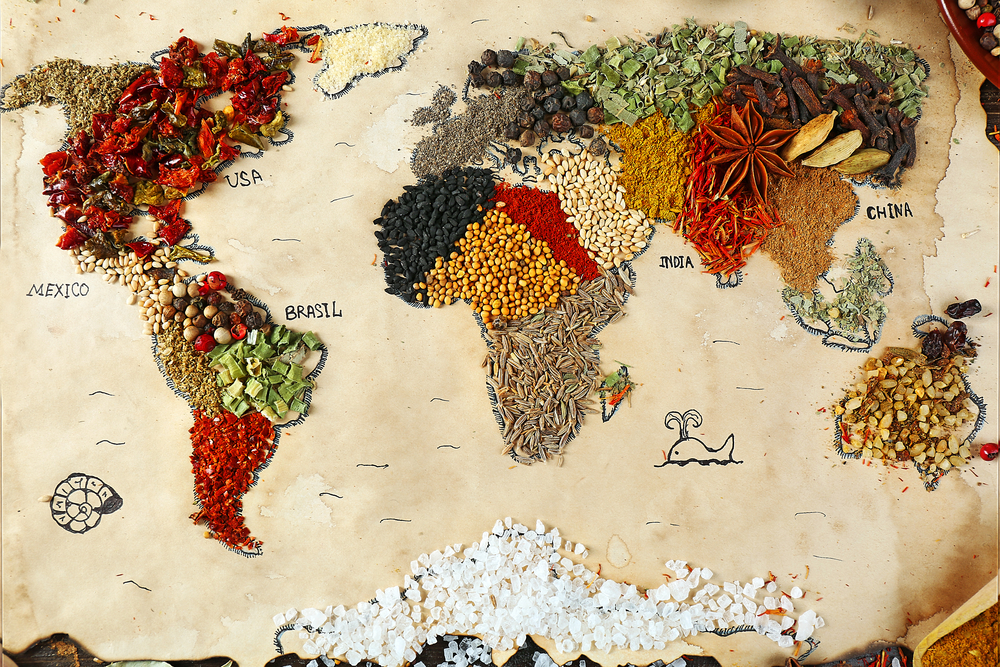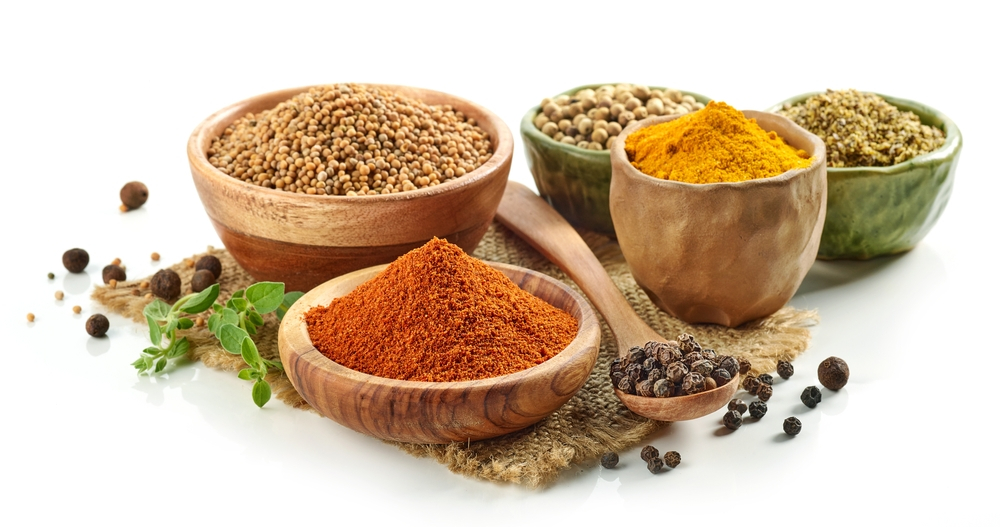The Historical Significance of Spices and Herbs in Global Trade
Spices and herbs have played a pivotal role in shaping human civilization, influencing cultural, economic, and political landscapes across the globe. From ancient times to the modern era, these aromatic substances have driven exploration, fostered trade, and even incited wars. The historical significance of spices and herbs in global trade is a testament to their enduring value and impact on human societies.

Ancient Beginnings
The use of spices and herbs dates back to ancient civilizations. In Egypt, as early as 3000 BCE, spices such as cinnamon and cassia were used for embalming, medicine, and culinary purposes. Similarly, the Sumerians and Babylonians employed various herbs in their medical practices. The early trade routes, including the Silk Road and maritime routes, facilitated the exchange of these valuable commodities between Asia, the Middle East, and Europe.
The Spice Routes
The Spice Routes, also known as the Maritime Silk Road, were critical in establishing the global spice trade. These sea routes connected the spice-growing regions of Asia, particularly India and the Indonesian archipelago, with the Middle East and Europe. Arab and Persian traders were instrumental in transporting spices like black pepper, cloves, and nutmeg across these vast distances. The demand for these exotic goods in Europe led to the prosperity of trading cities like Venice and Genoa, which became central hubs for spice distribution.
The Age of Exploration
The quest for spices was a significant motivator for the Age of Exploration in the 15th and 16th centuries. European powers, eager to bypass the middlemen in the Middle East and secure direct access to the spice-producing regions, embarked on ambitious voyages. Portuguese explorers, led by Vasco da Gama, successfully reached India in 1498, establishing a sea route that revolutionized global trade. This period also saw the discovery of the Americas by Christopher Columbus, who was initially searching for a westward route to the spice-rich Indies.
Colonialism and the Spice Trade
The pursuit of spices played a crucial role in the establishment of European colonies in Asia. The Portuguese, followed by the Dutch, English, and French, set up trading posts and colonies to control the spice trade. The Dutch East India Company (VOC) and the British East India Company became powerful entities, monopolizing the trade of spices such as nutmeg, mace, and cloves. The competition for control over these lucrative markets often led to conflicts and wars, profoundly impacting the indigenous populations and altering the political landscape of the regions involved.
Cultural Exchange and Culinary Impact

The global trade of spices and herbs facilitated cultural exchange, introducing new flavors and culinary practices to different parts of the world. The introduction of spices such as black pepper, cinnamon, and ginger to European cuisine transformed food preparation and preservation methods. Similarly, the influence of European, Middle Eastern, and Asian culinary traditions can be seen in the fusion of flavors and recipes that emerged from these interactions.
Modern Implications
While the spice trade no longer holds the same economic dominance it once did, its legacy continues to influence global trade and cultural practices. The modern culinary world celebrates the diversity of spices and herbs, with chefs and food enthusiasts exploring traditional and innovative uses for these ingredients. Additionally, the historical significance of the spice trade is recognized in museums, academic research, and popular culture, highlighting its enduring impact on human history.
Conclusion
The historical significance of spices and herbs in global trade is a rich and multifaceted narrative that spans millennia. From ancient civilizations to the Age of Exploration and beyond, these aromatic commodities have driven economic prosperity, facilitated cultural exchange, and shaped the geopolitical landscape. The legacy of the spice trade is a testament to the enduring value of these natural treasures and their profound influence on human civilization.


